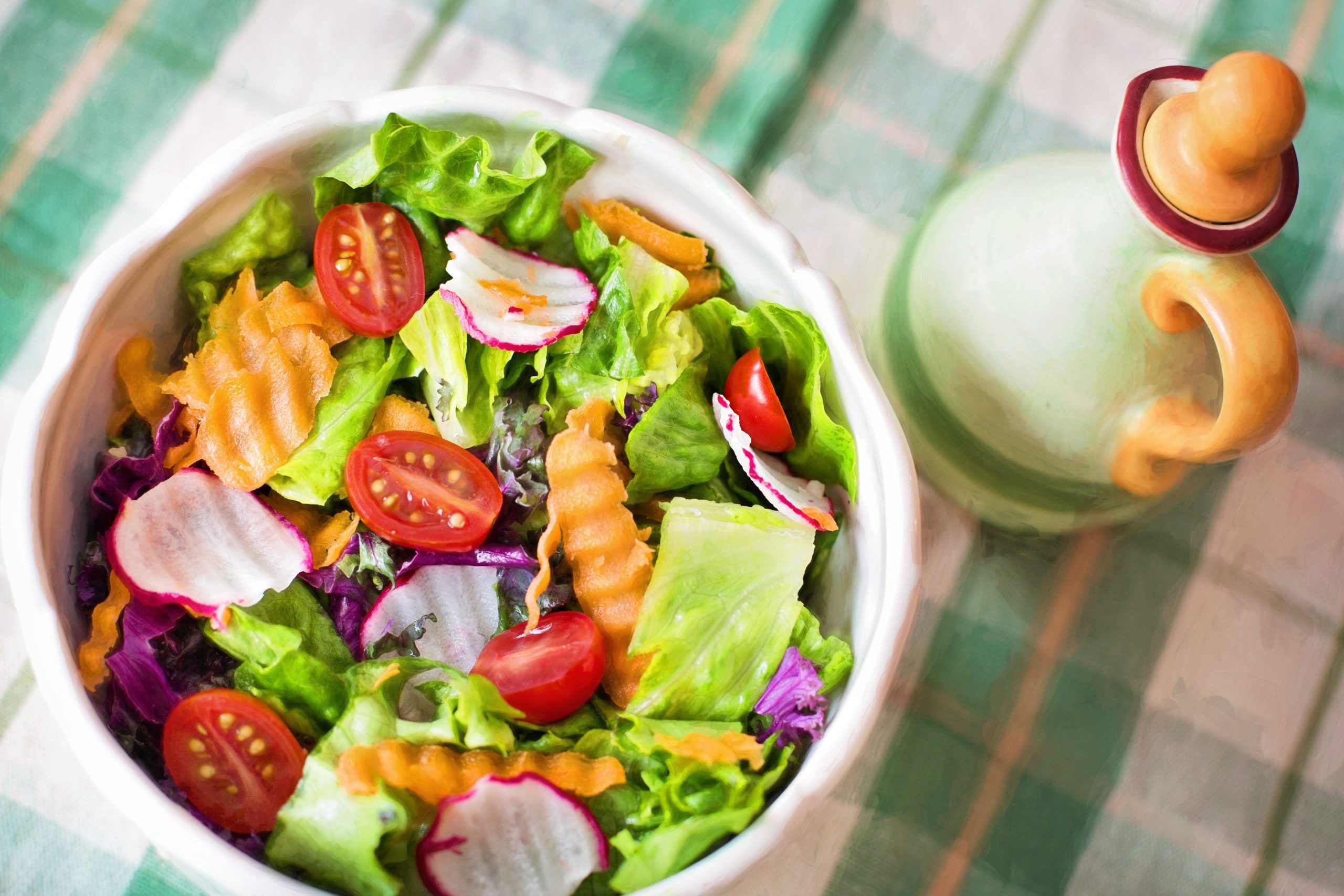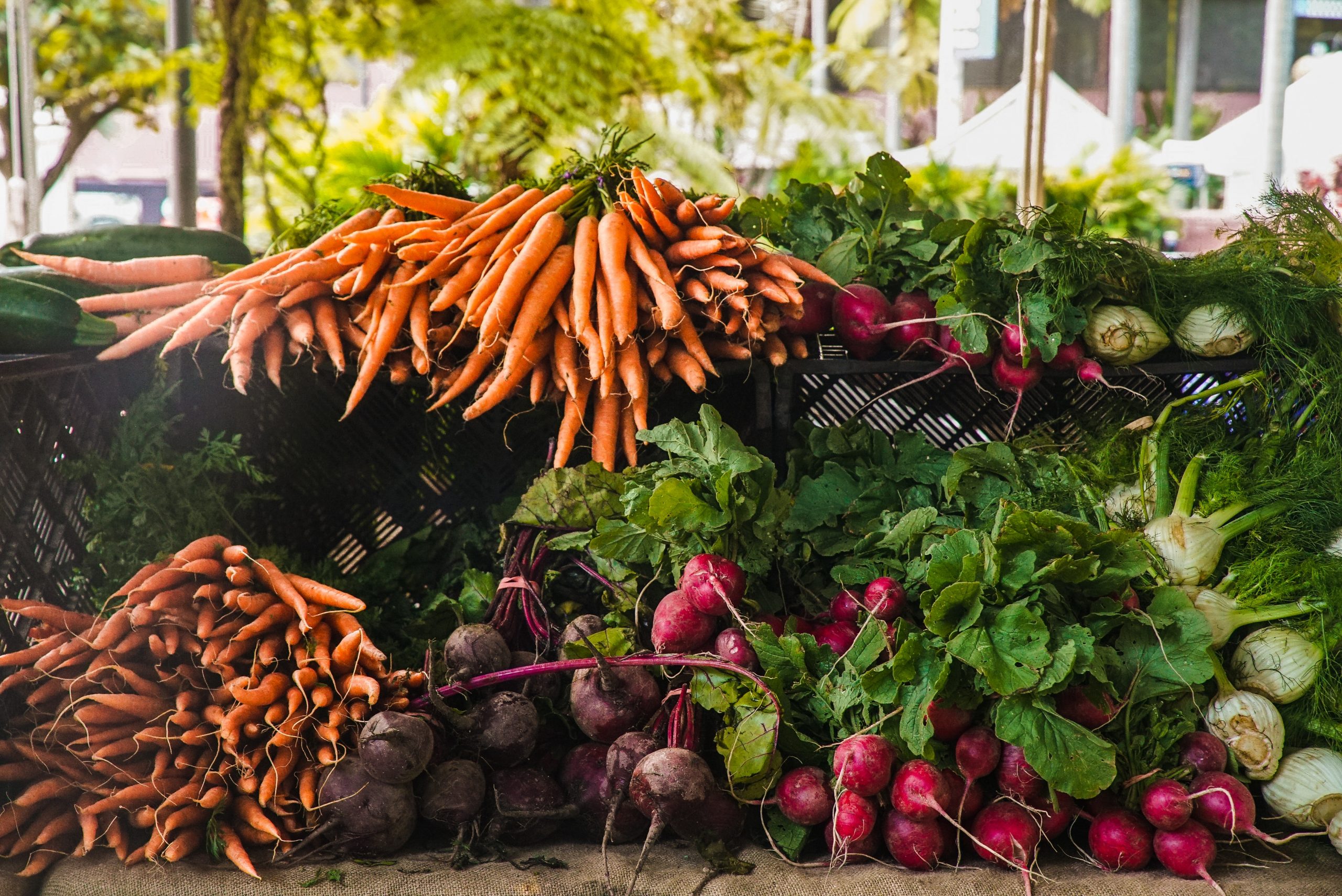
With all the different diets being pushed today, it can be hard to know which one you should follow. Keto, vegan, vegetarian, carnivore diet, Paleo, intermittent fasting, juicing, etc. all have their pros and cons, but some of these diets are very restrictive, and are often difficult to maintain. Most people just need to eat clean, regardless of a specific diet. Eating clean and stress-free means focusing on good fats, good-quality meats, filtered water, organic fruits and vegetables, and eliminating processed foods.
Good Fats
We talk a lot about good fats, and that is because they are essential to good brain health, heart health, hormonal balance, balanced energy levels, etc. Fat was demonized for many years, but researchers are now beginning to see the important role it plays in our health. It has shown potential in preventing diseases like dementia and heart disease. It can also help you lose weight because fat keeps you feeling full longer than protein and carbs do. However, fat is high in calories so watching your calorie intake may still be helpful when trying to lose weight.
So, what are some good fats? Organic cold-pressed coconut oil and olive oil, and fish oil are our top recommendations. Coconut oil contains healthy saturated fats that can help provide energy and increase HDL “good” cholesterol levels. Coconut oil also has a high smoke point meaning it holds up well to high-heat cooking. Olive oil contains a monounsaturated fat called oliec acid that may help decrease inflammation and potentially reduce cancer risk. There are some other good ones like avocados and avocado oil, and nuts and seeds like walnuts and cashews.
Good-Quality Meats
The rise of veganism has left some people wondering if they should reduce or eliminate meat from their diet. However, not all meat is bad, and cutting meat out of your diet may leave you susceptible to things like vitamin B12 and protein deficiencies, and anemia. While there are plant-based sources of iron and protein, they are not as easily absorbed by the body. The iron found in meat is heme iron and has a much better absorption rate than non heme iron found in plant sources. So, someone with high iron may benefit from reducing meat consumption, while an anemic person may need to increase it.
Protein from animal sources like meat, eggs, fish and dairy may be better as they contain all of the essential amino acids. When you consume protein, it is broken down into amino acids, but which amino acids it is broken down into depends on the source. Plant sources like beans and nuts are usually missing one or two essential amino acids. Protein from animal sources typically contains all nine essential amino acids, meaning it is often the better option.
Red Meat
While meat can be a great source of iron and protein, you may want to watch your red meat consumption. When red meat is consumed and broken down during digestion, your gut bacteria produces trimethylamine N-oxide (TMAO). TMAO has been linked to heart disease and has been shown to increase cholesterol deposits in the arteries. It has also been shown to have an effect on platelets, increasing the risk of blood clots. One study found that the highest levels of TMAO were found in people who consumed red meat every day. Chicken and poultry were not found to have this effect. Although this may sound scary, red meat can still be a healthy part of your diet. More research is needed on red meat, but for now try switching out red meat for fish, chicken or turkey a few times a week.
Organic Produce
You probably see organic products all the time, and you may wonder if it’s really worth the extra money. With the growing popularity of organic foods, skin care, and even makeup, it may just seem like a trend. However, there is a growing body of research showing the effects pesticides can have on our bodies.
Pesticide exposure has been linked to ADHD, Parkinson’s disease, depression, anxiety, asthma, autoimmune diseases, and certain types of cancer. Some experts believe pesticides are the most dangerous environmental toxin due to how they common they are. Although organic produce is often still exposed to pesticides due to wind carrying it from sprayed fields, it tends to have much lower amounts than conventional produce. Simply washing your non-organic fruits and vegetables is not enough. Pesticide residue on the outside of the food can be washed off, but it also grows into the food. This is why we recommend buying organic products whenever possible.
Stress-Free Eating
When you take away the restrictions of sticking to a specific diet, you take some of the stress away from eating. Clean and stress-free eating means consuming a variety of organic fruits and vegetables, good fats, and good-quality meats each day can help ensure you get the nutrition you need. Food should not be a source of stress, it should be a source of nutrition, energy and good health. So, mix up your meals with wild-caught fish, free-range chicken, turkey and eggs, and occasionally some grass-fed beef. Be sure to also include plenty of organic fruits and vegetables, and good fats with each meal. Do your best to avoid processed foods and drinks as much as possible, but don’t give up if you make a mistake.
Most people struggle to consume enough omega-3’s and magnesium from their diet, so supplementing with fish oil, magnesium and a multivitamin may help. Drinking enough water is also important, but it can be hard to know what kind of water to drink. We have an article that talks more about the different types of water here. Take a look at your diet and see if you can make some changes towards more clean and stress-free eating. Every step towards a healthier lifestyle matters, no matter how small.
You can listen to our Stress-Free Eating podcast here. You can listen to it on our YouTube channel here.

